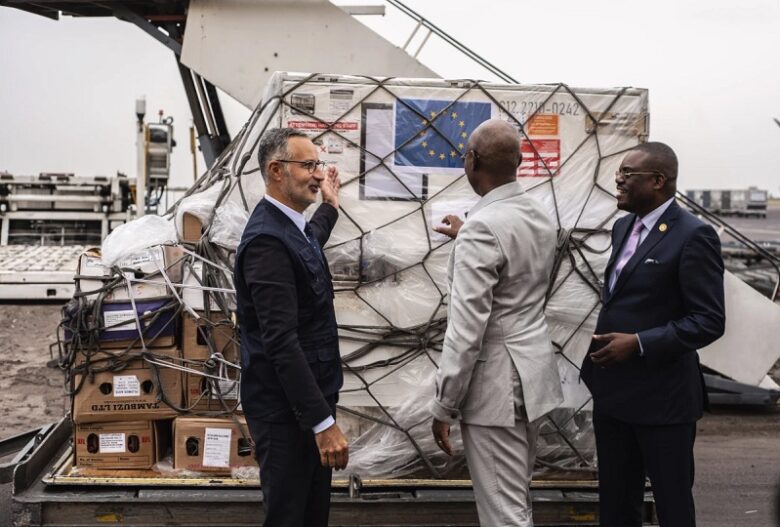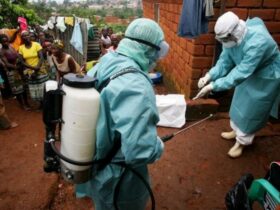The Africa CDC and the World Health Organisation unveiled a continent-wide response plan for the mpox outbreak on Friday, three weeks after the WHO declared it a global emergency in 12 African countries.
The six-month plan, with an estimated budget of nearly $600 million, allocates 55% for response efforts in 14 affected nations and enhancing readiness in 15 others, according to Africa CDC director-general Dr. Jean Kaseya.
The remaining 45% is earmarked for operational and technical support, but funding sources were not specified.
The plan emphasises surveillance, laboratory testing, and community engagement, as vaccines alone are insufficient to address the growing mpox outbreak, according to Kaseya.
The organisation reported 5,549 confirmed mpox cases and 643 deaths across Africa since the start of 2024, marking a significant rise in both infections and fatalities.
Congo accounts for 91% of these cases, with most infections in Congo and Burundi, the second most affected country, occurring in children under 15.
Following the arrival of the first batch of mpox vaccines in Congo’s capital, the plan was launched.
The initial 100,000 doses of the JYNNEOS vaccine, provided by the European Union through HERA and manufactured by Danish company Bavarian Nordic, arrived on Friday.
Congolese authorities announced that another 100,000 doses are set to be delivered on Saturday.
On Thursday, Kaseya highlighted the critical role of the vaccines, stating, “These vaccines are vital in safeguarding our health workers and vulnerable populations, and in curbing the spread of mpox.”
While the 200,000 doses received are a start, Congo needs 3 million doses to effectively combat the outbreak. The European Union has committed to donating over 500,000 more doses, but their delivery schedule is still uncertain.
Doctors Without Borders’ Emmanuel Lampaert emphasized that, despite the importance of vaccination, fundamental health measures remain essential and challenging in Congo.
The vaccine, already used in Europe and the U.S., has been given emergency approval in Congo, but the start date for the vaccination campaign is still unclear.
Initially, the vaccine will be given to adults, focusing on those in close contact with infected individuals and sex workers.
The European Medicines Agency is assessing data to potentially authorize the vaccine for children aged 12 to by month end.
“We don’t have all the answers. We learn by doing and will adapt the strategy based on the vaccination campaign’s impact,” HERA Director-General Laurent Muschel stated.
YOU MAY ALSO READ: Mozambique to plant 200 million trees in largest conservation project









Got a Question?
Find us on Socials or Contact us and we’ll get back to you as soon as possible.